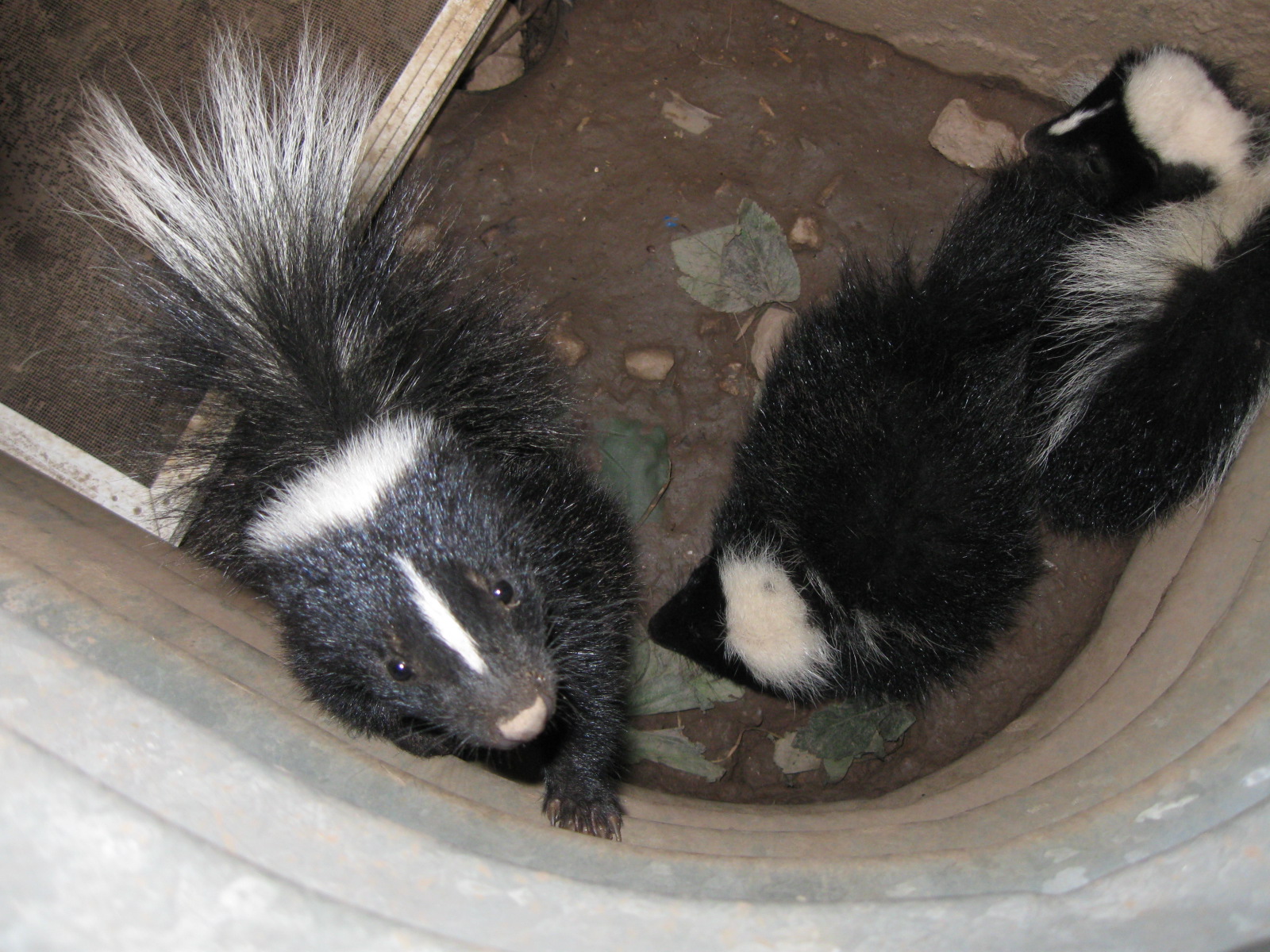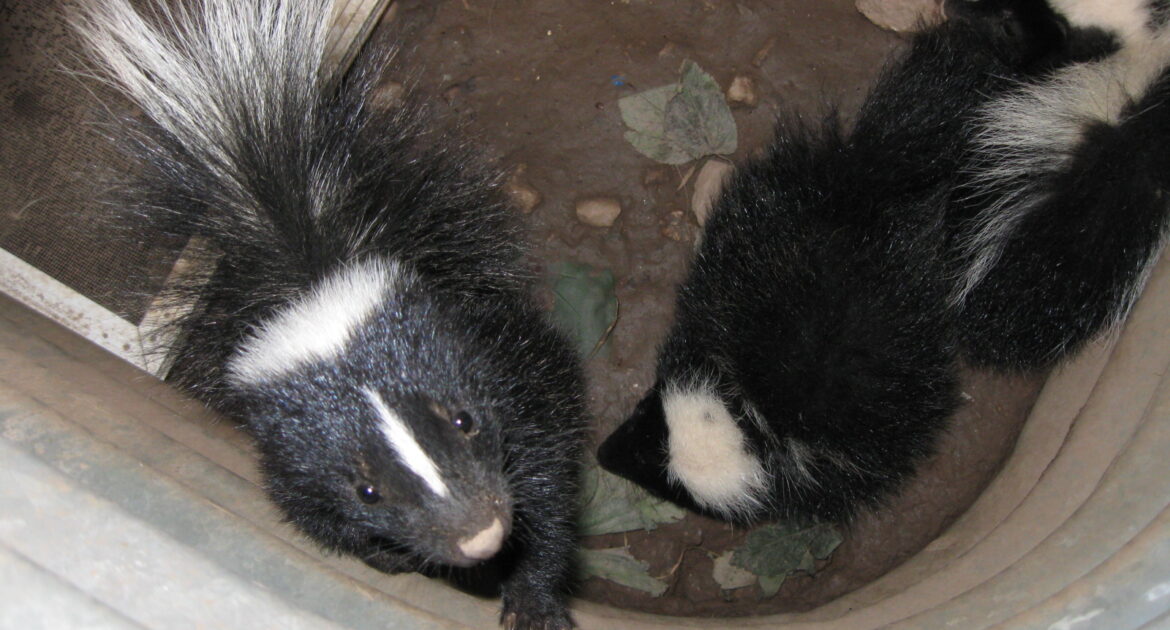Skunks are famous for their ability to spray a foul-smelling liquid from their scent glands, resulting in odors that are virtually impossible to remove from skin and clothing. Naturally, this has made them extremely unpopular among humans. They do, however, perform an important ecological role in their environments, so removing them from your property humanely is best. The most effective skunk removal Milwaukee has to offer can keep skunks out of your yard and home without resorting to overly harsh methods.
What Role Do Skunks Play in the Environment?
Skunks are considered to be generalists in their ecological role, subsisting on many different sources of food. Though they can consume plant matter, they often hunt for insects that are high in protein and other nutrients. In many cases, the insects they eat are ones that humans don’t particularly like. One study found that approximately 70% of the insects that skunks regularly consumed were considered nuisance species by humans. These include cockroaches, grasshoppers, and spiders, all of which humans tend to devote significant effort toward removing. Skunks also hunt a wide variety of other species that people don’t like, including snakes and rodents.
Because they eat so many different things, skunks help to regulate the number of certain species that can thrive at any given time. Since they have to eat a large number of insects to fulfill their needs, they end up removing a large number of insects from the environment. The same can be said for rodents, though foxes and coyotes tend to consume far greater quantities.
What Animals Are Skunks Related to?
Skunks, Linnean name Mephitis mephitis, are members of the superfamily that contains raccoons, badgers, and red pandas. Their closest relatives, however, are the now-extinct stink badgers of Southeast Asia. Though they were previously thought to belong to the Mustelid family, DNA evidence has recently suggested that they should exist within a separate family entirely. For practical purposes, skunks are certainly unique animals, and their ability to spray smelly substances at hapless predators separates them from other carnivores in the public consciousness.
Is Skunk Behavior Helpful or Harmful to People?
Though skunks can scarcely be considered threatening creatures, some people still worry that they may bite small children or pets. Fortunately, skunk bites are extremely rare. In the few recorded instances in which a skunk attacked a human, the animal was infected with rabies. Since skunks are less likely to get rabies than other carnivores like raccoons, they pose a minimal threat to people and pets. In fact, skunks can be legally kept as pets in 17 U.S. states.
Skunks are naturally crepuscular, meaning that they prefer to remain active during the hours closest to sunset and sunrise. Like other carnivores, those that live in urban areas may shift their activity levels to avoid encountering humans. Because they are primarily interested in hunting, gathering resources, and caring for their young, seeking conflict is not generally a priority. Since they seem to actively avoid humans, and hunt species that most people dislike, they can be considered mostly helpful to people.
Unfortunately, skunks have very poor eyesight and are often at risk of being run over on roadways. For this reason, they may naturally congregate in areas away from roadways, including those in and near human homes. As a homeowner, it is always best to block potential entrances for denning animals. Because skunks can carry rabies, you should contact professional removal services if animals have taken up residence in your home.
Given that skunks play a valuable role in the local ecology, you should do your best to have them humanely removed. For humane animal control service with years of experience, visit Skedaddle Wildlife Control today.




